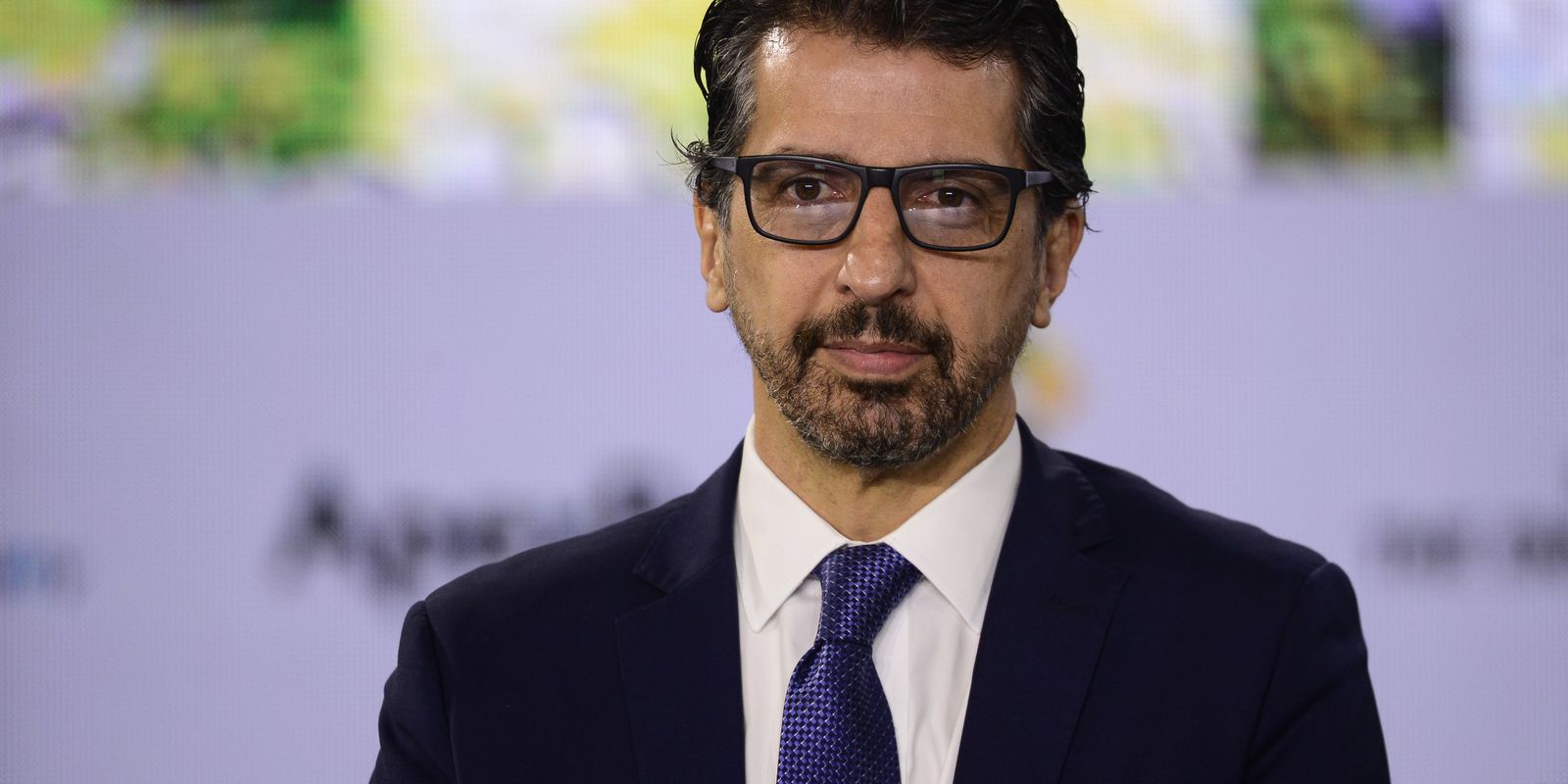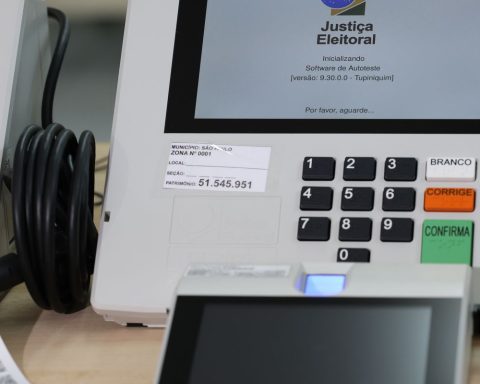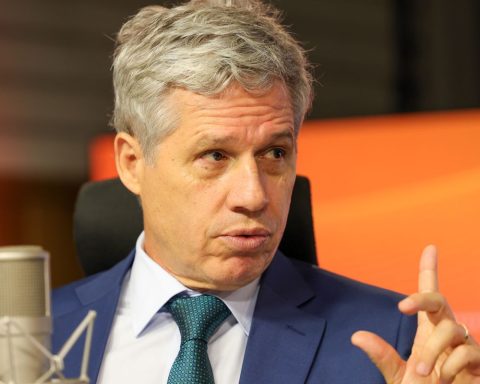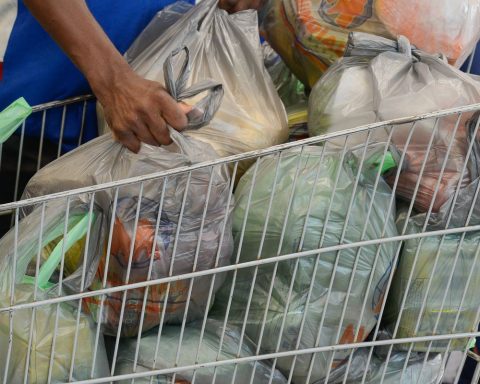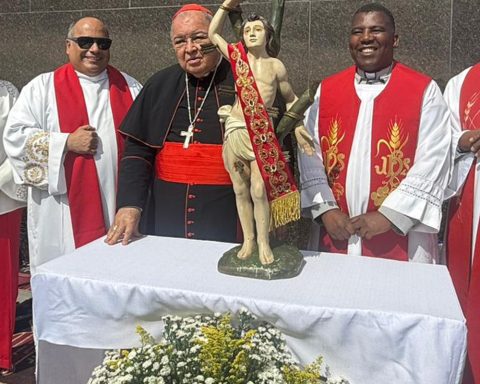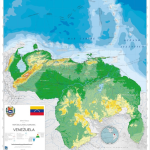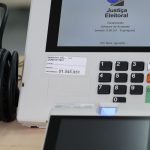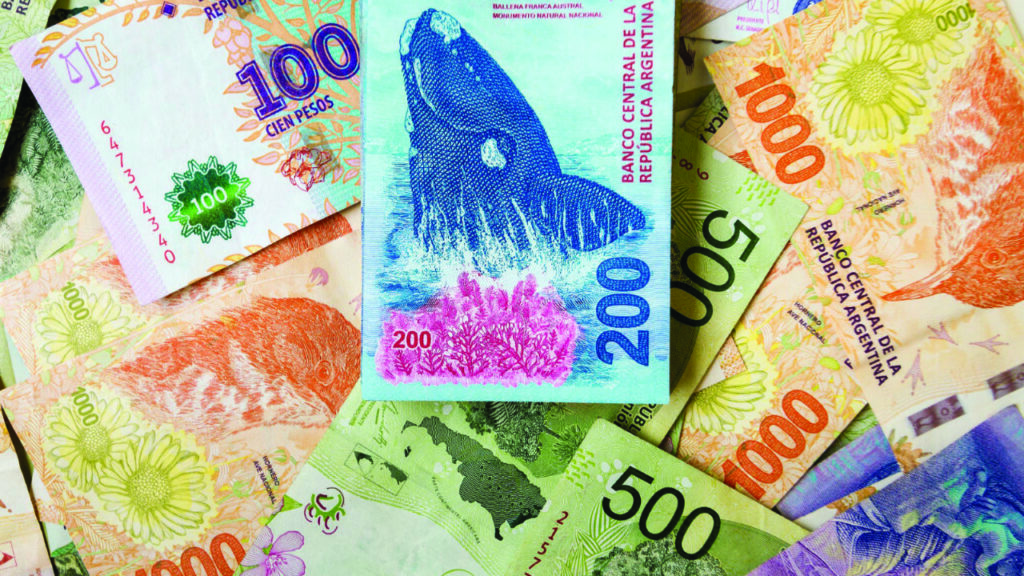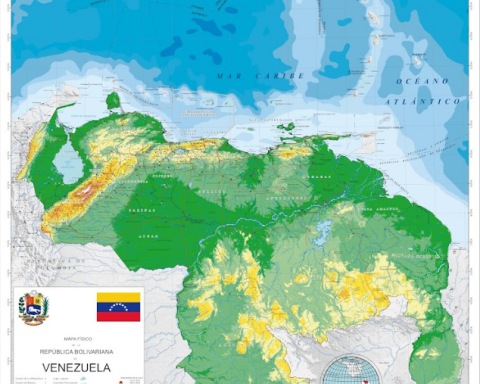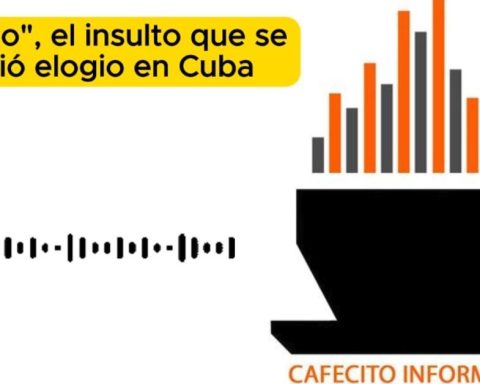The Minister of the Environment, Joaquim Leite, reinforced this Thursday (31), during a ministerial meeting of the environmental committee of the Organization for Economic Cooperation and Development (OECD), Brazil’s commitment to concrete actions to reduce carbon emissions and to development of a new green economy. According to the minister, Brazil is part of the solution for the world to create a new emission-neutral green economy by 2050.
Leite said that the federal government prioritized improving air quality, reducing plastic pollution and the issue of climate change, which were the themes of the OECD ministerial meeting. “Our big cities have low levels of pollution, because for years we have had a robust biofuel program, such as ethanol, an example to the world, in addition to a well-structured Program for the Control of Air Pollution by Motor Vehicles since 1990,” he said.
Regarding climate change, the minister highlighted the National Program for the Reduction of Methane Emissions (Methane Zero), launched last week, focusing on organic waste from the swine, poultry, dairy, sugarcane and landfill sectors. “The program can reduce 36% of methane emissions in Brazil,” he said. Leite also highlighted the National Regulated Emissions Market, which started the implementation of a regulated market focused on the export of carbon credits from various sources.
The minister also announced, during the OECD meeting, the regulation of the marine wind energy sector. “Studies by the Ministry of the Environment, in partnership with the European Union, point to a scenario of enormous potential, on the order of 700 Gwatts and with high economic attractiveness,” he said.
Leite also said that studies have begun for the development of the National Green Hydrogen Plan, which will aim to make Brazil a major exporter of clean energy.
